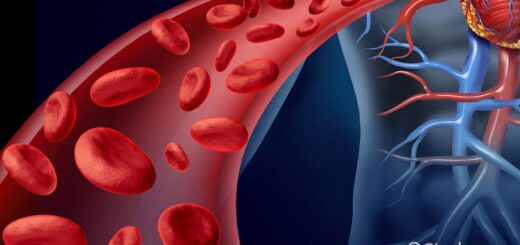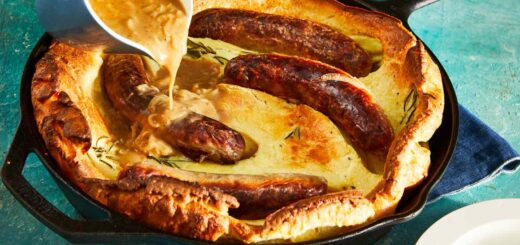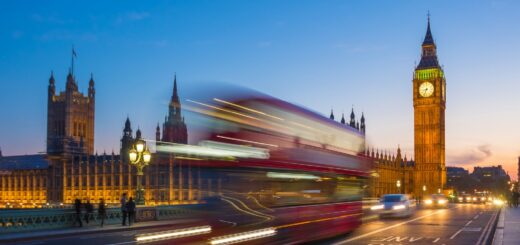Bodybuilding Diet – Muscle Growth and Reduce Body Fat

The bodybuilding diet is designed to support muscle growth and reduce body fat. It emphasizes foods high in protein and complex carbohydrates, such as whole grain bread, pasta, and cereal. There are many variations of the bodybuilding diet but an essential component remains the same throughout, a regular strength building exercise building program.
A bodybuilding diet generally contains 2,500– 5,500 calories per day for men and 1,500–3,000 calories daily for women, depending on the types and levels of exercise. The diet’s ratio of protein, carbohydrates, and fat can differ. Some programs recommend 40% carbohydrates, 40% protein, and 20% fats. There are many variations of this diet where the calorie intake and ratios are different
The three main components of a bodybuilding diet are the three macronutrients: carbohydrates, protein, and fat.
Carbohydrates:
Carbohydrates are the main source of energy for the body. They are especially important in aerobic exercise and high-volume weight training, including aiding in muscle recovery. Eating carbohydrates causes the pancreas to release the hormone insulin, which helps regulate blood glucose (sugar) levels.
- Carbohydrates provide energy, especially important for intense workouts.
- Choose complex carbohydrates such as whole grains, brown rice, quinoa, sweet potatoes, fruits, and vegetables.
- Adjust carbohydrate intake based on your activity level and goals.
Protein:
Muscle is composed primarily of protein and water. Protein builds muscle mass but not all protein consumed in the diet goes directly to muscle. Adequate consumption of protein helps preserve muscle tissue and enhance recovery from strenuous weight-bearing workouts.
- Protein is crucial for muscle repair and growth. Aim for about 1.6 to 2.2 grams of protein per kilogram of body weight.
- Good sources of protein include lean meats (chicken, turkey, lean beef), fish, eggs, dairy products, legumes, and plant-based protein sources like tofu and tempeh.
Fats:
Fat in a diet is needed to maintain a healthy metabolism. There are four types of fat: saturated, trans, polyunsaturated, and monounsaturated. Saturated and trans fats are limited because high consumption is a risk factor for heart disease, obesity, high cholesterol, diabetes, and some cancers. Sources of saturated and trans fats are butter, whole milk products, fried foods, shortening, and coconut, palm, and other tropical oils.
- Healthy fats are essential for hormone production and overall health.
- Include sources of unsaturated fats like avocados, nuts, seeds, olive oil, and fatty fish (such as salmon).
- Limit saturated and trans fats.
The benefits of the bodybuilding diet are health and appearance. The bodybuilding diet promotes increased muscle mass, which increases metabolism.








